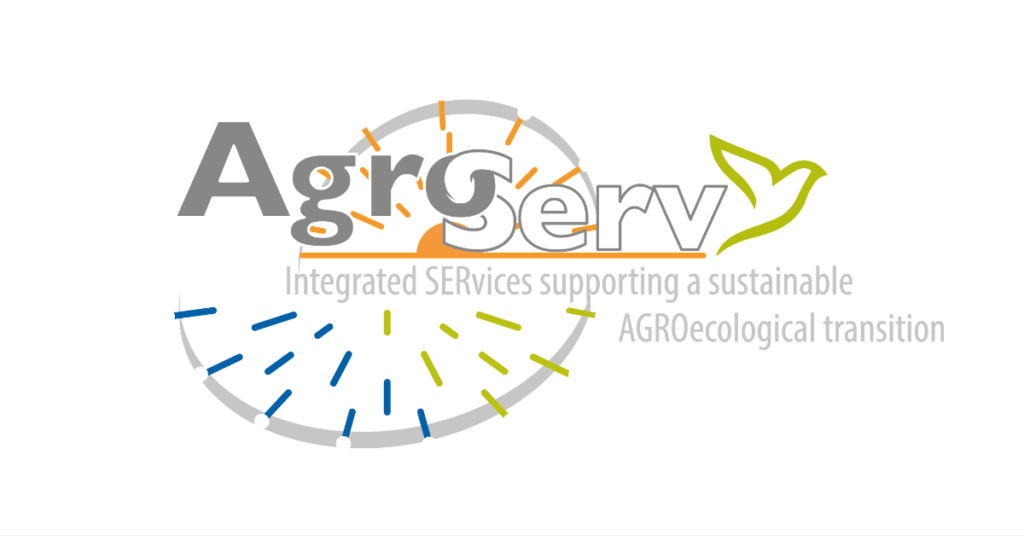
AgroServ stands for Integrated SERvices supporting a sustainable AGROecological transition.
Developing a resilient and sustainable agriculture system, and the agroecological transitions requires a deep understanding of agroecosystems, their interactions with the environment, and management practices. AgroServ features a large consortium of research infrastructures, most of them being on the EU roadmap, and a vast offer of services at all scales, from the molecule to the organism, to the ecosystem, to the society. AgroServ will facilitate a systemic and holistic approach to understand the threats and challenges agriculture is facing, towards the implementation of a resilient and sustainable agri-food system. We propose a transdisciplinary offer of services, integrating the actors of the agriculture system in the research process, of which the farmers are the first, thanks to a wide offer of living labs across Europe. Most of the relevant field of sciences are represented in AgroServ, from natural to social sciences. We will develop a wider catalogue of integrated and customised services, thanks to a specific approach of service pipelines designed from a gap analysis, stakeholder and user demands. A strong community building and training program for access managers and users will be implemented to facilitate multi- and transdisciplinary research with all relevant actors. Results from the research performed under AgroServ will be synthetised to be used in the scope of evidence-based policy making. Data from AgroServ will be open and compliant with FAIR practices, and made available on the long-term to the communities, and be linked with the main European initiatives, as the EOSC. Strong links will be established with existing or future programmes under H2020 and Horizon Europe, such as the partnerships agroecology, living labs and research infrastructures, and agriculture of data, as well as the two CSA AE4EU and ALL-READY, and the missions soil and plant health, and waters. AgroServ will collaborate with other relevant initiative in the Pillar II to of HE.
This project has received funding from the European Union’s Horizon Europe research and innovation programme under grant agreement No. 101058020.